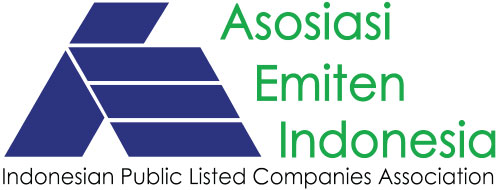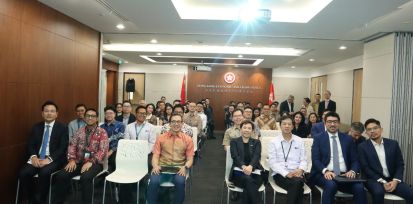
The Role of CCS and CCUS Technologies in Decarbonization: Future Solutions for the Oil and Gas Industry
Jakarta, 01 February 2025 - Technology Carbon Capture and Storage (CCS) and Carbon Capture, Utilization, and Storage (CCUS) is increasingly becoming a major focus in efforts to decarbonize the oil and gas industry. With their ability to capture and store carbon emissions before they are released into the atmosphere, CCS and CCUS play an important role in realizing the net-zero emissions target and supporting a sustainable energy transition.
In line with the global commitment to reducing the impact of climate change, the application of CCS and CCUS continues to be developed in various parts of the world, including in Indonesia. This technology not only helps reduce carbon emissions significantly, but also opens up opportunities for reusing captured carbon for various industrial purposes.
In supporting the implementation of CCS and CCUS in Indonesia, the Indonesian Energy Association (AEI) collaborates with Center for Energy and Sustainability Governance Studies (CESGS) Universitas Airlangga (Unair) to study and develop strategies for implementing this technology effectively. AEI Executive Director, Gilman P. Nugraha, said that this collaboration aims to strengthen the national decarbonization ecosystem through technological innovation and research-based policies.
The implementation of CCS and CCUS in Indonesia is a strategic step in supporting the commitment to reduce greenhouse gas emissions and maintain the sustainability of the energy sector. Through research and cross-sector collaboration, it is hoped that this technology can further develop and contribute significantly to the national decarbonization agenda.
The role of CCS and CCUS in the energy transition
Decarbonization of the oil and gas sector
Green technology innovation for net-zero
Challenges and opportunities for implementing CCS in Indonesia
Industry and academic collaboration in sustainability




 Back to Home
Back to Home







